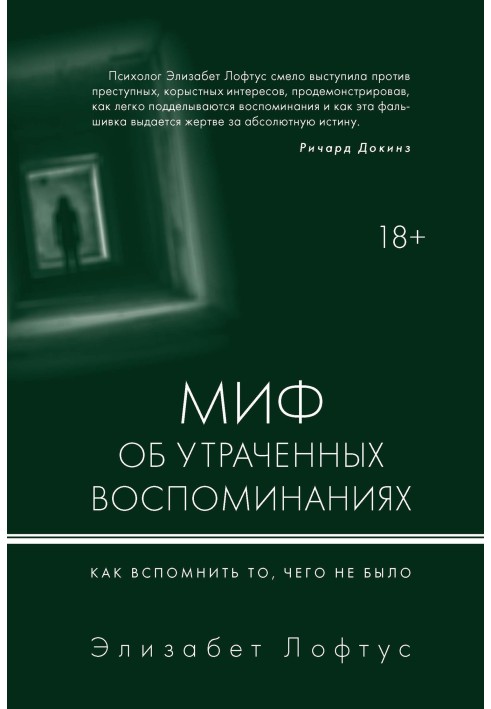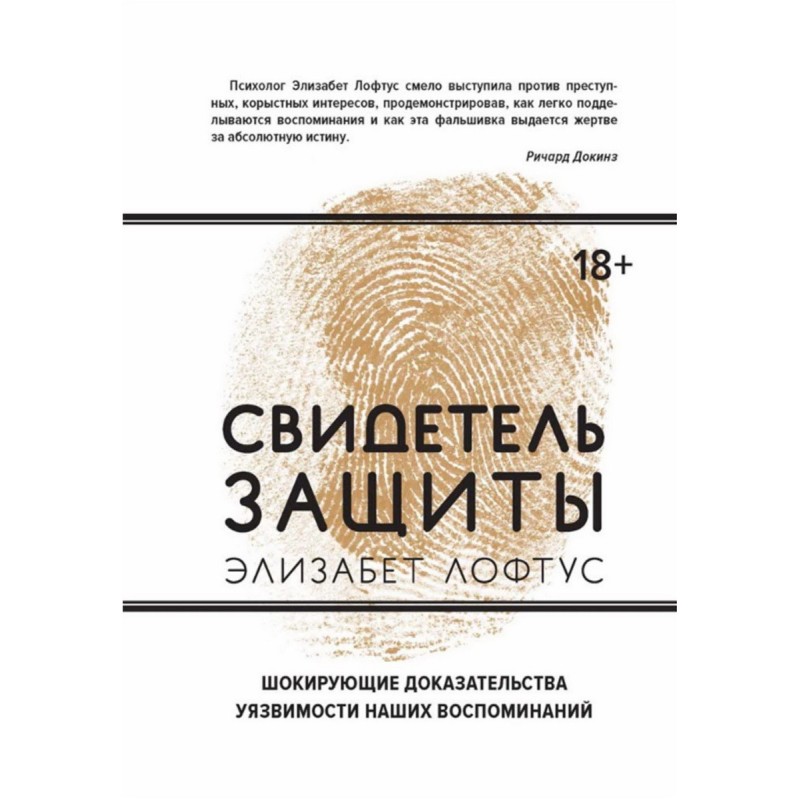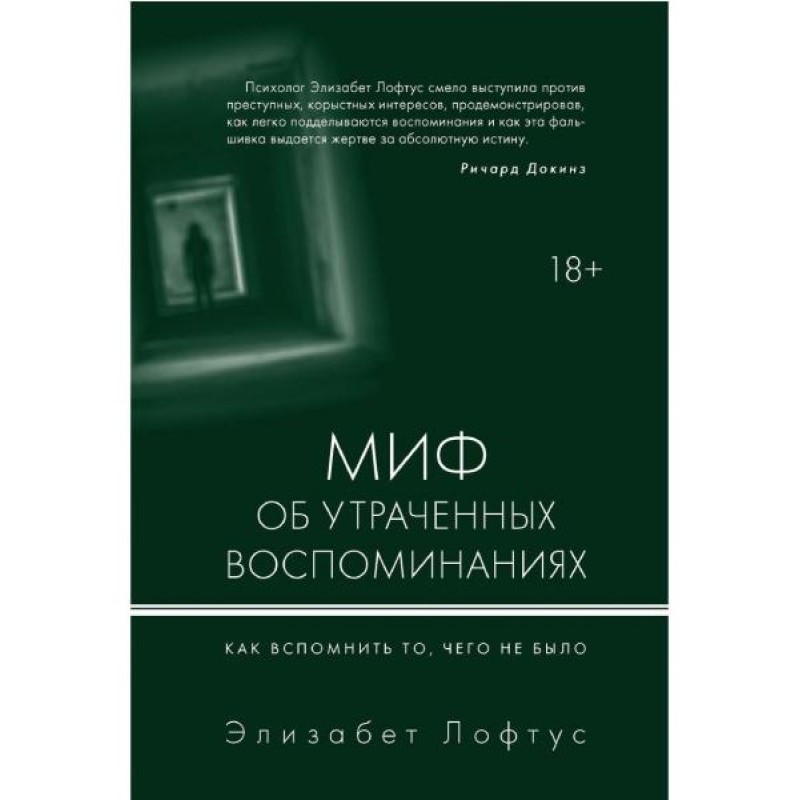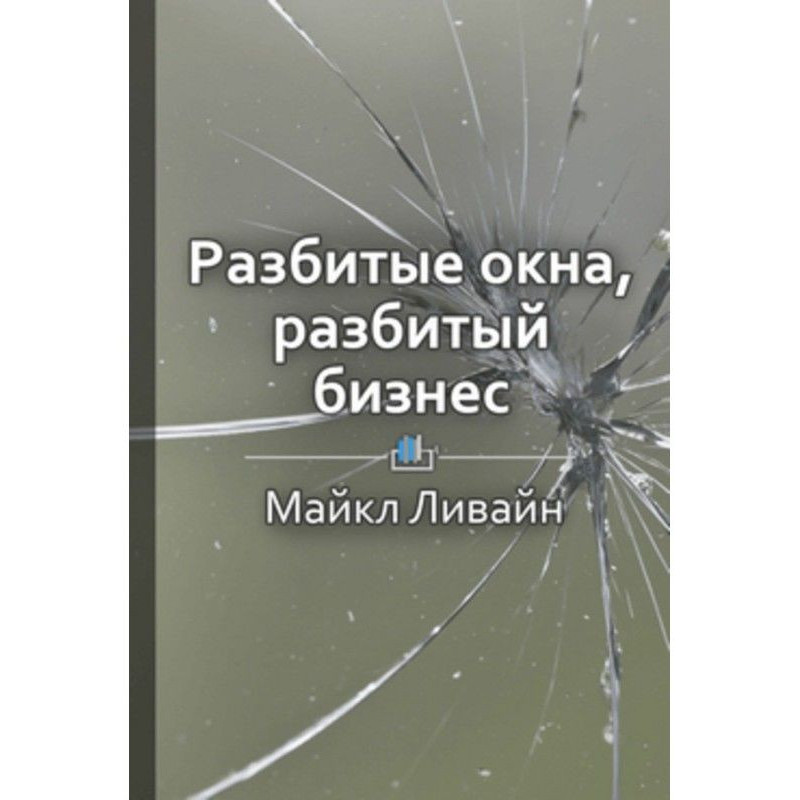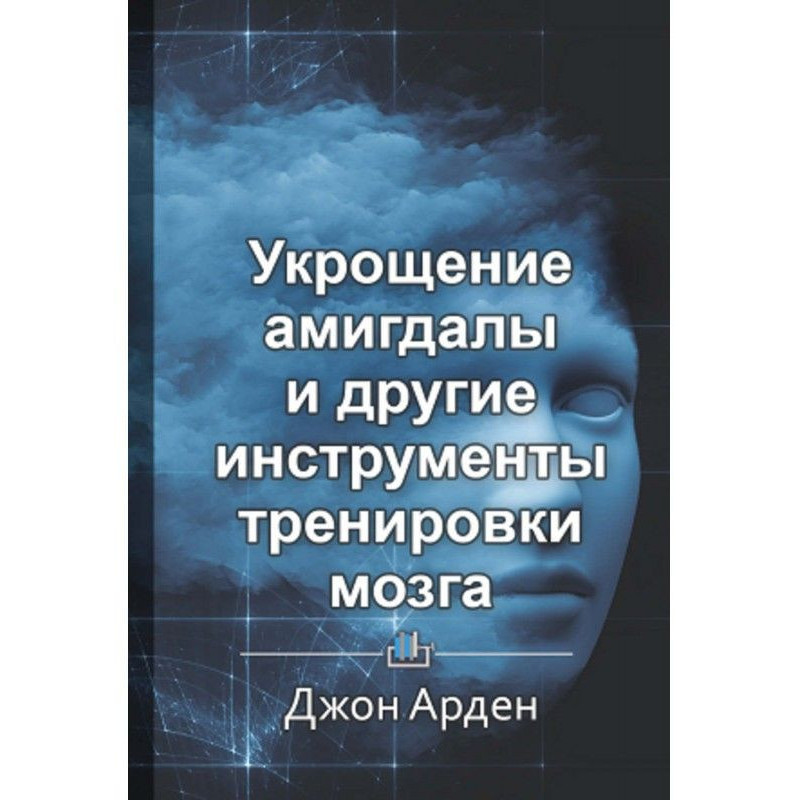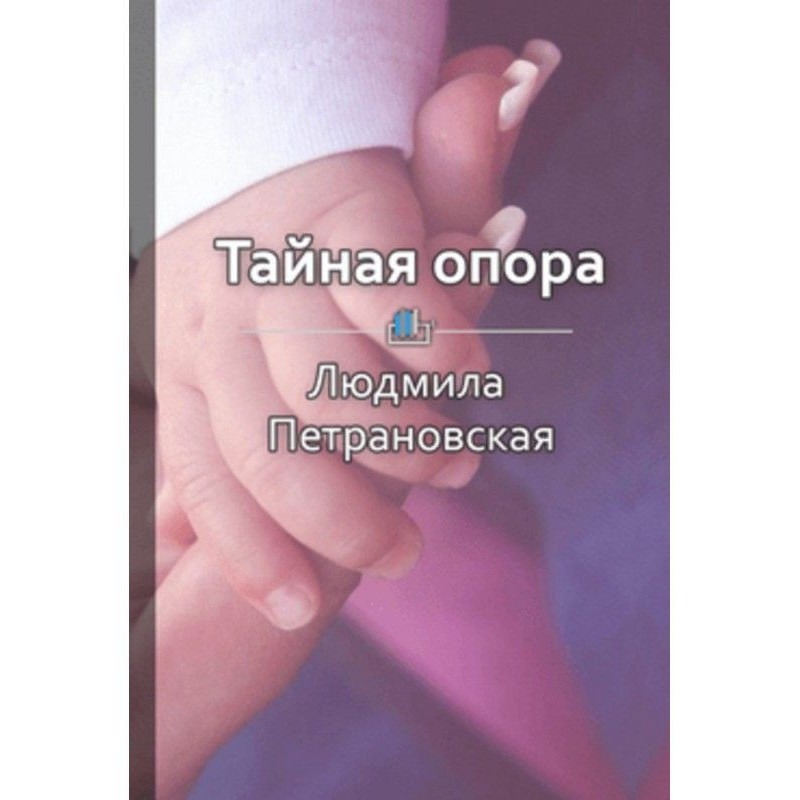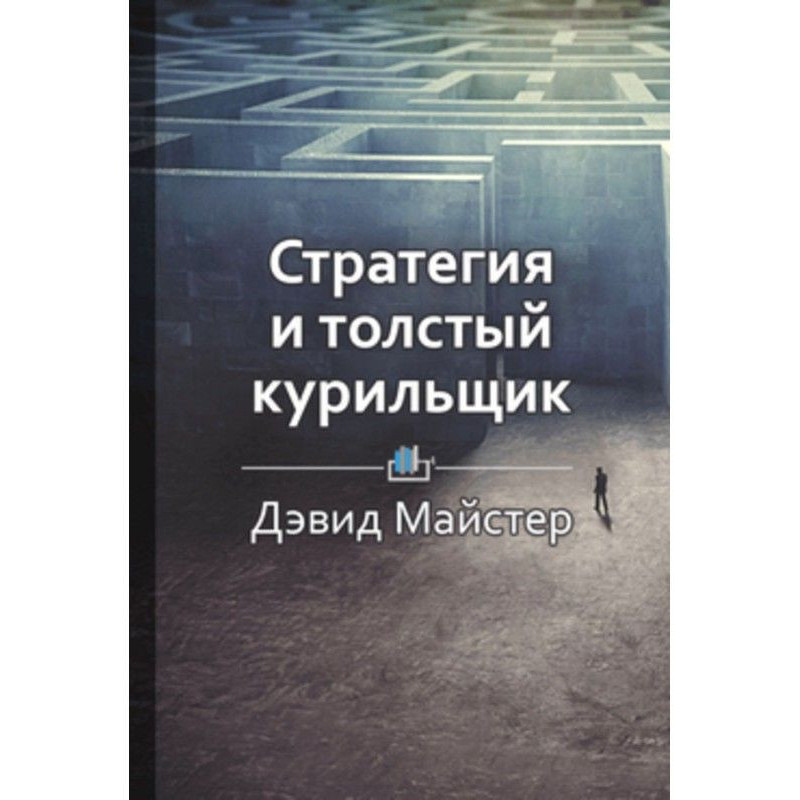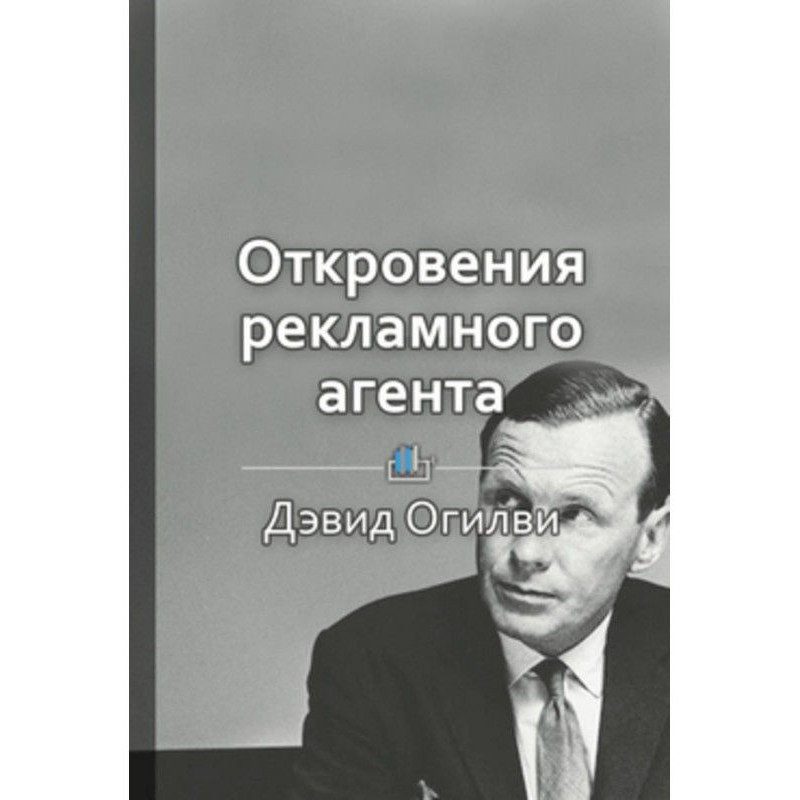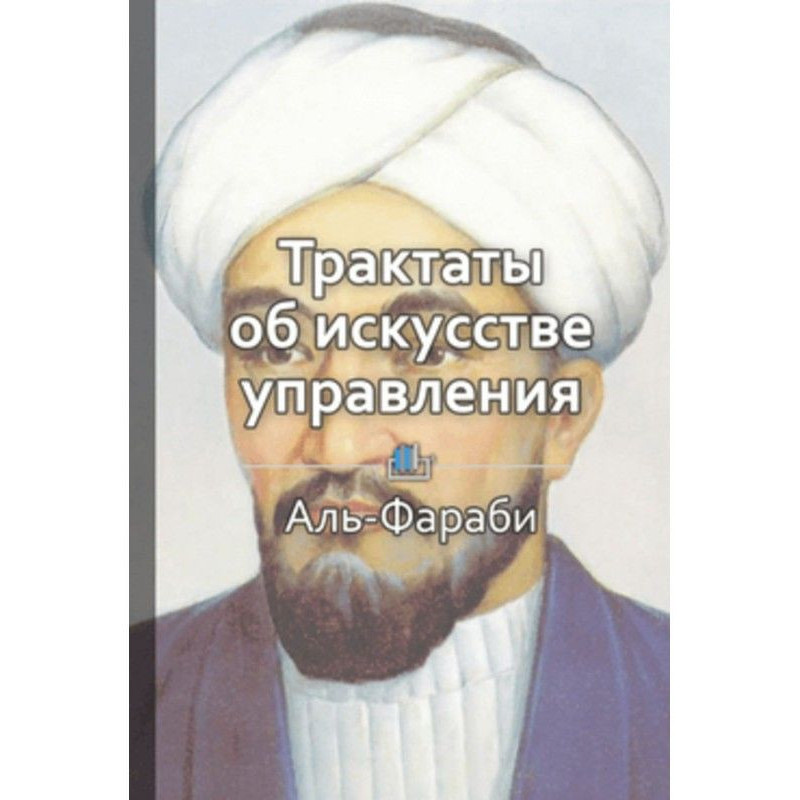The Myth of Lost Memories. How to remember something that never happened
 Instant download
Instant download
after payment (24/7)
 Wide range of formats
Wide range of formats
(for all gadgets)
 Full book
Full book
(including for Apple and Android)
“When a person experiences something terrible, his mind is able to completely bury the memory of it in the depths of the subconscious - so deep that it can only return in the form of a kind of flash, a “flashback”, provoked by a visual image, smell or sound.” On this idea, American psychotherapists and lawyers have built an entire industry of treatment and legal defense of people who claim that they have suddenly “recovered” memories of the most horrific things, from childhood abuse to murder. Psychology professor Elizabeth Loftus, one of the most influential modern researchers who has made enormous contributions to understanding the reconstructive nature of human memory, does not deny the problem of domestic violence and empathizes with victims, but still rejects the idea of "repressed" memories. According to Loftus, there is absolutely no scientific evidence that memories of trauma are systematically banished into the subconscious and then restored unchanged years later. At the same time, experimental data obtained from Dr. Loftus’s own research clearly show that any fantastic pictures can simply be implanted into a person’s memory. “I study memory, and I am a skeptic. But what this book tells us is far more important than my carefully controlled scientific research or any private debate I may have with those who fiercely cling to the belief in memory repression. The drama unfolding before our eyes is based on the deepest mechanisms of the human psyche - its roots go to where reality exists in the form of symbols, where images, under the influence of lived experience and emotions, turn into memories, where any interpretation is possible.” (Elizabeth Loftus)
Data sheet
- Name of the Author
- Кэтрин Кетчем
Элизабет Лофтус - Language
- Ukrainian
- Release date
- 2018
- Translator
- Ирина В. Никитина
Reviews
Важливий внесок у розуміння пам'яті
Книга "Міф про втрачені спогади" є надзвичайно важливим дослідженням, яке пропонує новий погляд на природу людської пам'яті та її реконструктивні властивості. Професор Елізабет Лофтус, як одна з провідних фахівців у цій галузі, майстерно пояснює, чому ідея "пригнічених" спогадів є спірною. Її аргументи, підкріплені науковими дослідженнями, демонструють, що пам'ять не є статичною, а швидше динамічною і піддатливою до зовнішніх впливів. Книга не лише надає читачеві глибоке розуміння механізмів пам'яті, але й підкреслює важливість критичного мислення в оцінці спогадів, особливо в контексті судових справ. Лофтус вміло поєднує наукові факти з людськими історіями, що робить текст доступним і зрозумілим для широкого загалу. Це видання стане корисним не лише для психологів, але й для всіх, хто цікавиться питаннями пам'яті та ідентичності. Рекомендую всім, хто прагне зрозуміти, як працює наш розум і чому важливо ставити під сумнів те, що ми вважаємо спогадами.

